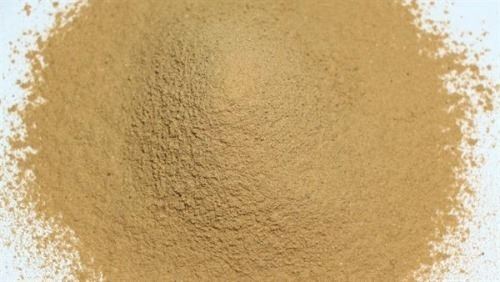

You have taken the heart rate (pulse rate) of an adult and got a value of 130 bpm (beats per minute). For an adult with (in this case everyone older than 10 years) the heart rate may vary between 60-100bpm to be considered normal.
MOSES™ Pulse 120H All in One Laser Urology Platform MOSES™ 2.0 is a groundbreaking, patent-protected pulse delivery technology, that remarkably improves energy transmission, resulting in more efficient lithotripsy and BPH treatments compared to the regular Holmium pulse1. A heart rate of 120 means tachycardia (above 100). Important is regularity of the rate. If it is irregular it can be atrial fibrillation requiring treatment. Also important is previous history and symptoms Dyspnea, palpitations, chest pain).
Pulse 120
Well-trained people and athletes may even have a heart rate as low as 40-60bpm within normal range.

Fuel efficient crossovers. Ipartition for mac. = Your value (130bpm)
Your heart rate of 130 is therefore too high.
Short-Term Heart Rate Influencers
Pulse 120 Beats Per Minute
Short-term heart rate influencers are things that will go away or are not constantly present. These are not necessarily detrimental and such increases in heart rate can be totally normal.
Some of these influencers include:
Pulse 120h Laser

- Illness - When you suffer from fever, injury, anemia, or infection, your heart rate increases to provide more oxygen throughout the body and for other functions, in response to triggers by the immune system.
- Emotional Stress - You have likely heard of the 'fight or flight' response. Part of this response to fear or stress is increased heart rate which will return to normal as the stress is reduced.
- Physical Exertion - Exercise makes your heart beat faster in a very healthy way, as it works to provide oxygen to the muscles and tissues being worked.
- Drugs - Whether prescribed, herbal or illicit, medications and street drugs can cause an unhealthy, rapid heartbeat.
- Extreme Temperature - Very cold conditions cause your heart rate to increase to bring more blood to the surface of the skin and warm it. The same can happen in extreme heat.
- Glycogen Levels - If your blood sugar level drops, the body will react by quickening pulse, working to fuel muscles and provide energy.
- Dehydration - When the body is dehydrated, blood does not move as well within its vessels. Waste builds up in the bloodstream, so the heart pumps faster to flush out those wastes.
- Caffeine - Caffeinated beverages and snacks like chocolate coffee beans increase the heart rate.
- Alcohol - Drinking alcohol causes blood vessels in the limbs to dilate. This means the heart has to work harder to pump blood to these extended areas. This raises the heart rate.
- Smoking - Cigarettes and other nicotine products cause increased heart rate during and shortly after use. Over time, smoking also causes long-term high blood pressure.
Influencers of Heart Rate for the Long-Term
 Tachycardia is increased heart rate. When an increased heart rate is present for a long period of time, it often indicates an underlying medical condition. Many of those conditions may be treated through medication or other means. Some causes of long-term rapid heart rate include:
Tachycardia is increased heart rate. When an increased heart rate is present for a long period of time, it often indicates an underlying medical condition. Many of those conditions may be treated through medication or other means. Some causes of long-term rapid heart rate include:Is 115 Pulse Rate Dangerous
- Hyperthyroidism - This disorder of the thyroid causes the heart to increase its rate as long as the condition is untreated. Medication, surgery and other treatments can treat hyperthyroidism and the heart rate will return to normal ranges.
- Congestive heart failure - This heart problem is one wherein the heart must work extra hard to pump blood. This eventually will lead to heart attack.
- Arrhythmias - These 'irregular heartbeats' are inconsistencies in the speed of the heart's activity. The condition is usually due to salt imbalance in the body, heart attack or other problems.
- Nerve damage - Often occurring in the peripheral nervous system branching into arms and legs, this condition affects nerves attached to the heart. Diabetes is sometimes a cause of this problem. The underlying condition must be treated.
- Anemia - Low red blood cell count due to lack of enough iron or excessive bleeding can increase the heart rate as the heart works to supply less healthy blood throughout the body. This can be treated through medication or procedures such as infusion.
